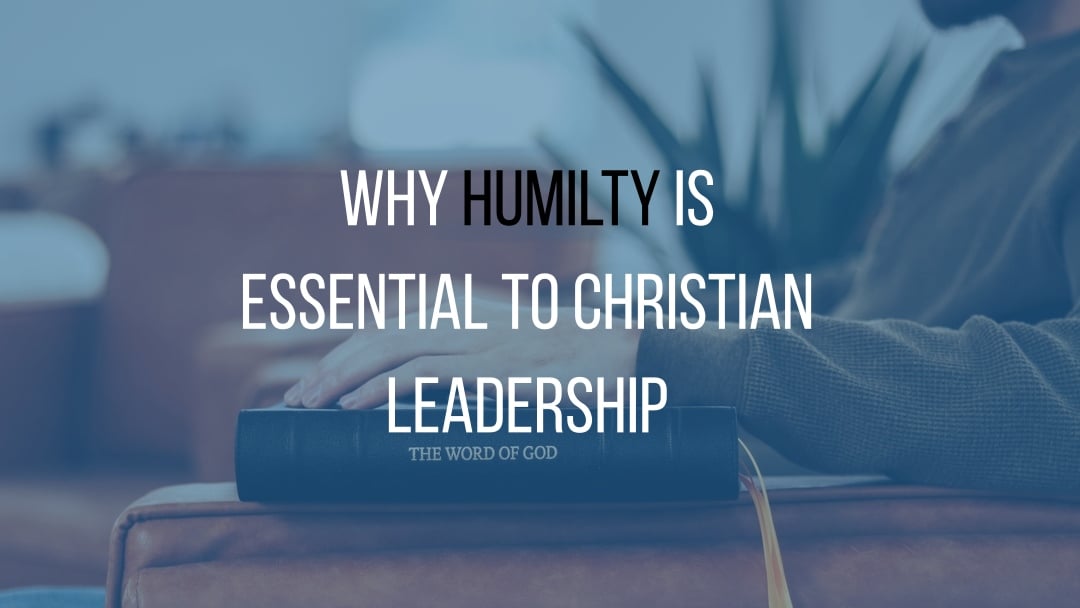A Rude Awakening
Just as I began my seminary education, filled with a love of learning and a hunger to serve God, I attended a lecture. It was given at a nearby think tank, and the presenter was an author whom I admired at the time. It was early fall, and with no term papers nor grading to be done, quite a few academics attended this lecture. The introduction included a welcome to other noteworthy theologians attending the lecture.
After the lecture, they held a reception in a small room, and I found myself pressed right next to one of the supposed luminaries. Unfortunately, I hadn’t heard heard his name. I felt the necessity of interacting with him, given that I was stuck next to him. I ventured forward with a “Hello, my name is,” and then apologized for not catching his name earlier. He then looked at me with the greatest of condescension and asked me a question: “What year are you?” I said I was a first-year student. He then said something like, “Well, you’ll figure it out eventually,” and left.
His response stung, and I was embarrassed. But on the other hand, I think I knew something that the professor hadn’t learned, despite his accomplishments. No follower of Jesus, no matter how accomplished, no matter how renowned, deserves to treat another person with that type of pride. Throughout my studies, I met similar people. That is, folks who had dedicated their lives to studying the Christian faith, but whose words and actions did not demonstrate a grace-filled, humble way of leading others towards Christ. I can imagine that some might read this and think, “Stu is being overly harsh.” It’s possible. Or, “Stu is proud himself.” Absolutely. All of us struggle with pride. But I would say that it is something I am aware of, and something I have been working on my entire life. And to be honest, it’s something I will have to work on for the rest of my life.

The ugliness of that event shaped my resolve about something. That is, if someone I encounter is brazenly proud, whether they be a pastor or professor, I will not place myself under their teaching. Humility is absolutely foundational for any ministry that claims to be under the authority of Jesus Christ. If it becomes clear that a teacher approaches the world from a place of pride and arrogance, then they are not trustworthy.
Let me give an example of this. I remember when a famous but now disgraced leader was still in his heyday, and some of my friends were talking about just how powerful this guy’s preaching was. I listened to him a few times, but then I read a transcript of an interview he did with a journalist in the U.K. The degree of hubris, dismissiveness, and condescension he displayed was such I knew I could never listen to his teaching ever again.
Not trustworthy.
Beginning Together
Let’s contrast this with another leader in the church. Anthony Bloom was a Russian Orthodox monk and priest who would eventually serve in some of the highest levels of the Orthodox Church. But at the same time, Bloom was able to remain in a posture of humility. There’s a line in his book, Beginning to Pray (a humble title, might I add) that he would also recite at the beginning of many talks he would give. It’s very simple, and it goes like this:
As I am a beginner myself, I will assume that you are also beginners, and we will try to begin together.
There’s something deeply invitational in these simple words. And I think they get to something deeply true about the Christian faith. That is, we never “graduate” from our place as beginners.
We never graduate out of a sense of our deep need of God’s grace. We never graduate out of being disciples (remember, this word essentially means “student” or “apprentice.”)

Each of us, no matter how learned we may become, no matter how many degrees or awards we might amass, we are all called to remain beginners.
Why is that, you might ask? Why does God desire for us to remain humble, even as our skills, our knowledge, our expertise grow?
Humility: Vertical & Horizontal
The first is God’s grace toward us. This is God’s greatest gift to us, other than himself. If it is true that I can never earn my salvation, then remaining humble is a lifeline to me. It grounds me in the reality that my self-salvation and self-justification projects are fundamentally flawed. There is no life there. But there is life when we surrender ourselves to God.
The second reason is primarily horizontal, manifesting in our relationships with each other. When we experience humility in another person, it puts us at ease. It conveys to the other, “You can relax. You don’t have to posture or perform, you can simply come and be.” And that is a gift. As social creatures, we often mimic the behavior of others. How does it make you feel when you meet someone for the first time and they immediately begin listing their accomplishments? They brag about their successes at work, their perfect families, etc. For most of us, we probably feel inclined to one of two routes. One, we try to compete. Or two, we sort of sink backward.
I remember another time in seminary there was a new student who showed up at some get-together. I don’t remember a word of what he said, but I can tell you the underlying message: “I’m the smartest guy in the room.” At the end of the night, I remember turning to my wife, Colleen, and saying, “I can’t every hang out with that guy again, being around that ego is not going to be good for me.” Now, fifteen years later, I wonder if I would have the ability to hear that ego and recognize that behind that bravado is a world of pain, someone trying his best to find significance through performance and adulation.
The truth is, I’m still on this journey myself. I struggle with pride. I struggle with trying to find my value in what I accomplish and how I perform. But lately, God has been showing me that that the well of accomplishment will eventually run dry. There is another well from which to drink. And this other well, though difficult, and humbling, actually runs so much deeper, and is filled with so much more life and joy, than we could ever experience as we rely on ourselves.

Stuart Strachan Jr. is an ordained Presbyterian Pastor as well as the founder and lead curator of the Pastor’s Workshop. His primary passion is equipping the saints for the ministry of the church (Ephesians 4). He loves preaching, teaching, and helping churches cast vision for what it means to follow Jesus in the 21st Century. He has served churches in a variety of capacities in California, Colorado, Pennsylvania, and Washington.
Stu is married to Colleen, who currently serves as a spiritual formation lead at Compassion International in Colorado Springs. Stu and Colleen have two children (Jack and Emma) whom they love deeply.
In his free time, Stu enjoys gardening, golf, reading a good book, and watching baseball.
Don’t Miss
The Latest From Our Blog
New Site Launches Tomorrow!
Watch this Space! Tomorrow (May 29) is the official launch of the new The Pastor's Workshop site! Return to this blog tomorrow morning for a post highlighting the new features and explaining how subscribers can get on and start using the site! Here are some new...
How You Can Prep for Pentecost
This was originally posted on May 12, 2016 on https://huffpost.com Pentecost Came Like Wildfire I'm lying on an ice pack early this morning, doing my back exercises and listening to Pray as You Go, a tool for meditation, with monastery bells, music, and a Bible...
Sacred Spaces: the Church Forests of Ethiopia
Let's Go to Ethiopia! Here’s a fun exercise with a spiritual payoff. Go to Google Maps and view aerial images of the South Gondar zone of Ethiopia. Use this button:When the page loads, you'll see a light brown countryside, mostly farmland. There are thin lines of dark...





Stu, I am grateful that I have been able to see you grow during our two years of doing life together. Your words ring true to form and I am grateful to call you my brother, friend and confidant. May GOD continue to humble both of us through the work of His Holy Spirit. Joyfully yours in Christ, Carl